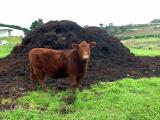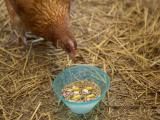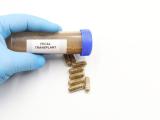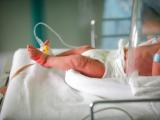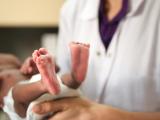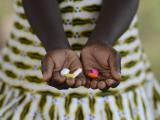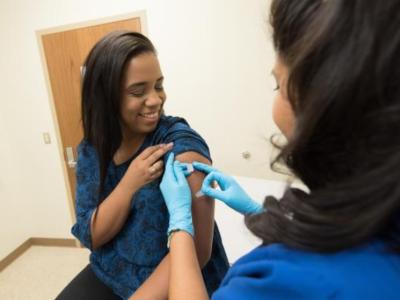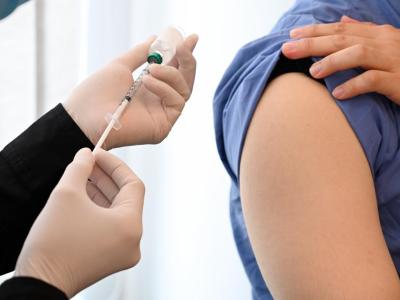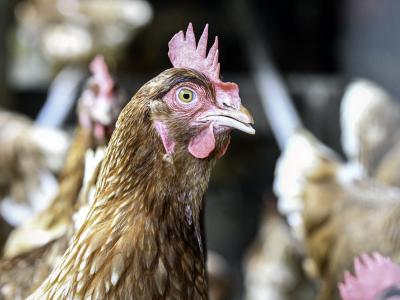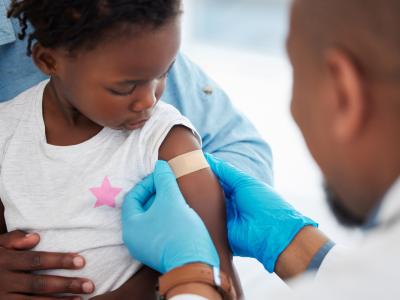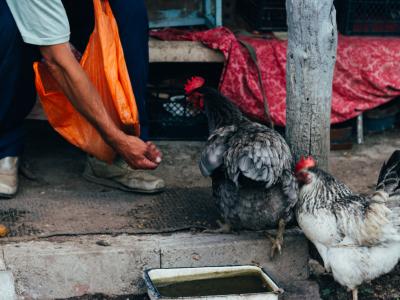Jun 21, 2012
Steering committee completing work on anthrax vaccine prioritization
A federal steering committee said today it is close to finalizing its work on guidance for prioritizing anthrax vaccine in the event of a wide-area aerosol attack. In a meeting of the Advisory Committee on Immunization Practices (ACIP), the group that advises the US Centers for Disease Control and Prevention (CDC), Raymond Strikas, MD, MPH, with the CDC's National Center for Immunization and Respiratory Diseases, said the next outreach step is a stakeholder meeting on Aug 20, after which the group will submit a final version to federal officials. The committee has been working on the guidance since August 2011 and has held fedreral briefings as well as public forums in two cities. The prioritization principles that the group is using recognize that the greatest risk is posed by primary aerosolization, consider all of the affected community, and base responders' risk on their activities, not their job titles. Strikas
said the draft plan prioritizes those who would receive postexposure anthrax vaccine prophylaxis according to three tiers: (1) those exposed to primary aerosols during initial release, along with responders at risk, (2) those at risk of secondary exposure, and (3) those who must travel through or live in areas that border affected areas. He said the steering committee is looking for feedback on the criteria. The federal government has enough doses of anthrax vaccine adsorbed, in the Strategic National Stockpile to protect a few million people in the event of a bioterror attack. Several companies are working on second-generation vaccines that protect with fewer doses at less cost.
ACIP meeting agenda
Two patients in Rhode Island infected with NDM-containing bacterium
A case of infection with carabapenem-resistant Enterobacteriaceae (CRE) containing the drug-resistant enzyme New Delhi metallo-beta-lactamase (NDM) in Rhode Island involved spread to another hospitalized patient, according to a report today in Morbidity and Mortality Weekly Report (MMWR). The two cases bring the US NDM total to 13, according to Rhode Island and Massachusetts investigators. The patient, a native of Cambodia, had been hospitalized in Vietnam but was receiving care in Rhode Island. A Mar 4 urine test revealed a Klebsiella pneumoniae isolate containing NDM that was susceptible only to tigecycline, colistin, and polymyxin B. Epidemiologic investigation revealed transmission of the pathogen to a second patient in the hospital's hematology/oncology unit. An accompanying editorial said, "A robust infection control effort is needed to limit or slow the spread of all CRE, including NDM, at
the local, national, and international levels." The world's first case of NDM, in a patient from New Delhi, was identified in 2009.
Jun 22 MMWR report
Poll: Consumers want antibiotic-free meat
Almost 9 of 10 Americans want more antibiotic-free meat choices, according to a report from Consumers Union, the public policy and advocacy organization that publishes Consumer Reports. A nationwide telephone survey conducted in March found that 86% of consumers want more antibiotic-free meat choices in stores, with 60% willing to pay at least 5 cents a pound more for it and 37% willing to pay a dollar or more per pound. In addition, 72% said they were extremely or very concerned about the overuse of antibiotics in animal feed. The poll involved 1,000 adults. The Consumers Union found that the Whole Foods grocery chain, which sells only antibiotic-free meat, had the most choices available to consumers, with four other chains, Giant, Hannaford, Shaw's, and Stop & Shop, following. Several chains had no antibiotic-free meat. The group is advocating for supermarkets to sell only meat raised without antibiotics as well as for tighter
labeling standards for such meat. Antibiotics are often contained in animal feed both to ward off illness and to enhance livestock growth, says a CNN story, leading to concern over antibiotic-resistant "superbugs" in humans.
Jun 20 CNN article
ACIP recommends wider use of Prevnar 13
Prevnar 13, a vaccine made by Pfizer, Inc., that prevents pneumococcal pneumonia or invasive disease caused by 13 serotypes of Streptococcus pneumoniae, was recommended by an ACIP vote yesterday for immunocompromised adults 19 and older. Among the conditions defined by ACIP as immunocompromising are functional or anatomic asplenia, HIV infection, cancer, and advanced kidney disease. Prevnar 13 was approved by the US Food and Drug Administration (FDA) in 2010 for use in infants and children 6 weeks through 5 years of age. In December 2011 the FDA approved its use in adults 50 and older, but ACIP has not recommended its use for that population. It is not approved for use in patients 6 through 49 years of age.
Jun 20 Reuters story
UNICEF: 2.7 million kids have never received polio vaccine
About 2.7 million children in six
countries have never received a single polio vaccine dose, the United Nations Children's Fund (UNICEF) reported yesterday. "This is a clarion call to accelerate all efforts to reach these unreached children," UNICEF Executive Director Anthony Lake said in an agency press release. The report singled out the Democratic Republic of the Congo, northern Nigeria, and northwest Pakistan as areas of ongoing internal conflict that are of particular concern. Lake added, "The polio campaign is dangerously under-funded. But we are on the verge of victory."
Jun 20 UNICEF press release
In one of those conflict-torn areas, Pakistani officials said they will try to persuade militants in a northwestern tribal area to lift a ban on polio vaccination launched to protest US drone strikes, Agence France-Press (AFP) reported today. Local warlord Hafiz Gul Bahadu several days ago banned vaccination teams in North Waziristan, a Taliban and
al-Qaeda stronghold area bordering Afghanistan. A senior government official said authorities have asked the provincial governor to open a dialogue with the militants. He said the government was concerned about more than 161,000 unvaccinated children in the region and about the safety of vaccination teams.
Jun 21 AFP story
Finally, today the WHO European Region, which includes parts of Asia, celebrated 10 years of being declared polio-free. Despite challenges, such as a 2010 outbreak of polio imported into Tajikistan and three adjoining nations that was quickly addressed, WHO Regional Director for Europe Zsuzsanna Jakab said in a press release, "We have had many successes in the past 10 years, and we should recognize and applaud them."
Jun 21 WHO news
release
